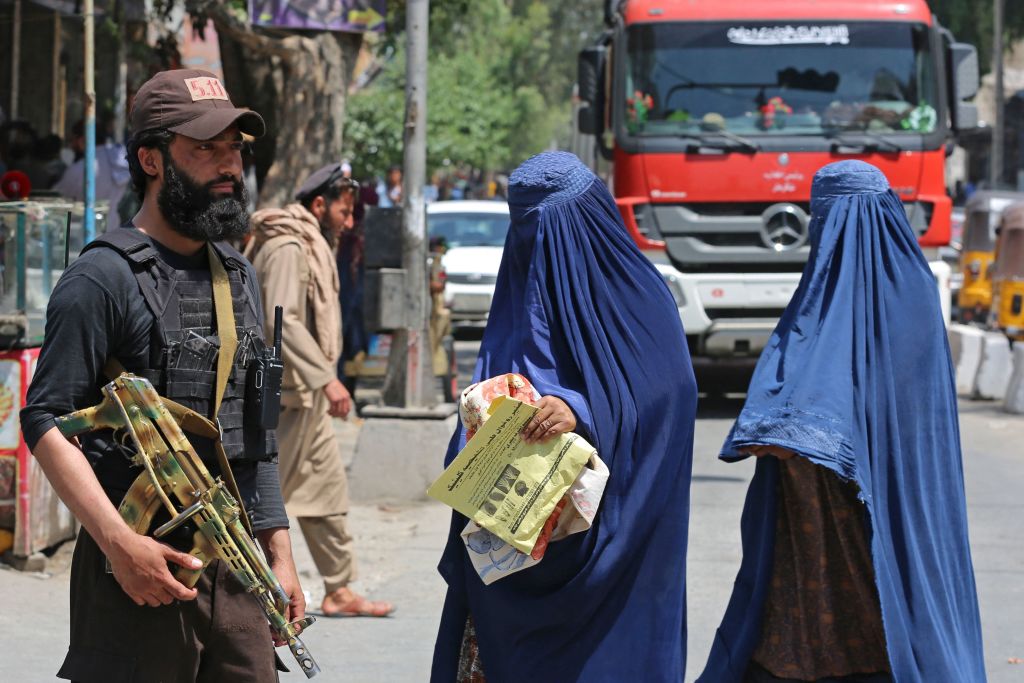“I studied to build the future, but in the end I had nothing. I don’t even have hope now. Every day we witness the burning of our dreams and rights. This is no place for women and girls to live.”
These are the words of a 23-year-old woman who was denied her diploma from Kandahar University in southern Afghanistan after the Taliban barred women from higher education, as reported by Zan Times in March on behalf of The Fuller Project.
This month marks the two-year anniversary of the U.S. and NATO withdrawal from Afghanistan after two decades of war. For women and girls, it marks two years of assaults on their hard-won rights. UN Envoy for Global Education Gordon Brown, the former UK prime minister, noted this week that 54 of the 80 edicts issued by the Taliban target women and girls, including a ban on female education beyond sixth grade. He called on the International Criminal Court to prosecute Taliban leaders for crimes against humanity for denying education and employment to Afghan girls and women.
Over the past 20 years, the United States and its allies in the war on terrorism invested billions of dollars to bolster the status of women in Afghanistan. Without action by the US and its allies now, these efforts will fall to waste. The achievements and dreams of an entire generation of Afghans will shatter and the promise of future generations will be lost.
Women and girls continue to risk their lives to learn, attending underground schools and accessing secret online courses. The UN is supporting an initiative for online learning at the university level. That leaves a yawning gap at the secondary level – an estimated 5.5 million girls without access to education in the coming year.
This is an inflection point. How a nation state empowers or disempowers women is a key predictor of how it will behave among the community of nations. This has real implications for peace and security in the region.



